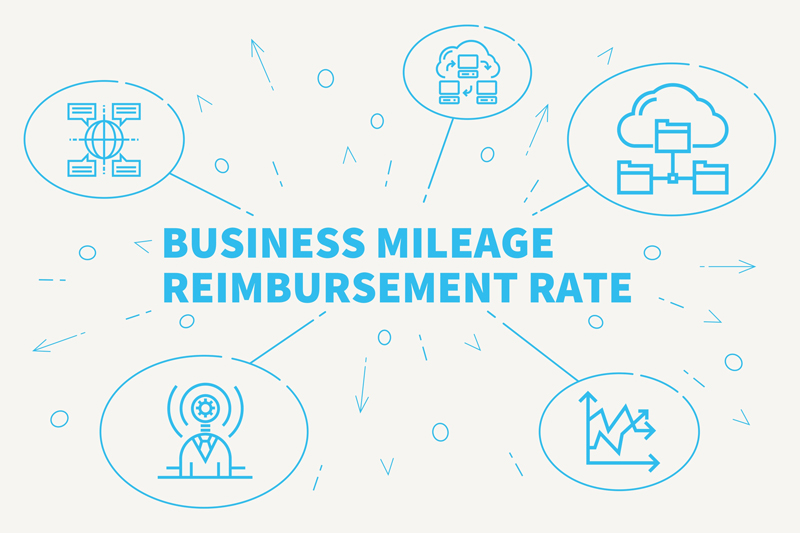Artificial intelligence (AI) has revolutionized various aspects of modern life, from improving efficiency in industries to enhancing personal devices. However, as the capabilities of AI continue to expand, there is a growing concern about its potential to get individuals into legal trouble. While AI systems have proven to be highly beneficial, they also come with risks and ethical challenges that can lead to legal consequences.
One of the primary ways in which AI can land someone in legal trouble is through the use of biased algorithms. AI systems rely on large datasets to learn and make decisions, but these datasets may contain inherent biases that reflect societal prejudices. For example, if an AI system is trained on historical data biased against a particular race or gender, it may unintentionally discriminate against individuals belonging to those groups. If an AI’s decision-making process violates anti-discrimination laws or infringes on someone’s rights, it could expose the user to legal liability.
Another potential legal pitfall arises when AI is used to create or distribute copyrighted content without proper authorization. AI can generate highly realistic and convincing content, such as deep fake videos or music compositions, which can infringe upon intellectual property rights. If an individual uses AI to create and distribute copyrighted material without obtaining the necessary permissions, they could face legal action from the original creators or copyright holders.
Additionally, using AI in automated decision-making processes, such as hiring or loan approval systems, can result in legal challenges related to fairness and transparency. If an AI system relies on discriminatory criteria or lacks transparency in its decision-making process, it could violate anti-discrimination laws or be subject to legal scrutiny. Companies and individuals using AI must ensure that their systems are designed with fairness, accountability, and transparency to avoid potential legal repercussions.
Furthermore, AI can also inadvertently violate privacy laws. As AI systems collect and analyze vast amounts of personal data, there is an increased risk of privacy breaches. Suppose an AI system is hacked or compromised, leading to the exposure of sensitive information. In that case, the entities responsible for deploying and maintaining the AI may be held accountable for violating privacy regulations. Implementing robust security measures and adhering to privacy laws to prevent unauthorized access to personal data and potential legal consequences is crucial.
Lastly, the liability for AI-generated actions is an emerging legal challenge. As AI becomes more autonomous and capable of making independent decisions, questions arise about who should be held responsible when AI causes harm or commits illegal acts. Establishing clear legal frameworks to determine liability for AI actions is an ongoing debate, and until resolved, it remains a potential legal landmine for individuals and organizations using AI.
It is essential to prioritize ethics and responsibility in AI development and deployment to mitigate the risks of AI-related legal troubles. Transparency, fairness, accountability, and adherence to legal and ethical standards should be integral parts of any AI system. Additionally, policymakers and regulators must stay proactive in addressing the legal implications of AI, ensuring that laws keep pace with the rapidly evolving technology.
Artificial intelligence undoubtedly offers immense potential but also presents legal challenges that cannot be overlooked. As AI advances, individuals and organizations must remain vigilant in understanding and complying with the legal implications of AI usage. By doing so, they can harness the benefits of AI while minimizing the potential legal troubles it may entail.
If you have concerns regarding AI and your use of it, we can help. Contact L. Michael Bly, Esq. at 937-223-1130 or visit our website at www.pselaw.com.













